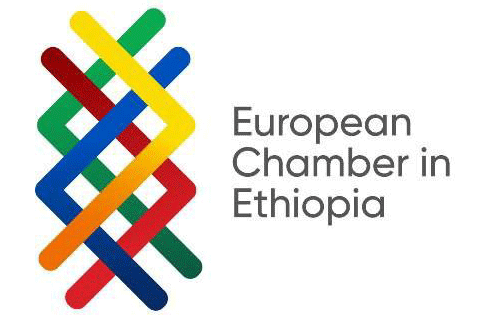At the consultation workshop on the topic of “Strengthening the Role of Private Sector in Achieving Inclusive & Sustainable Growth in Developing Countries”, the European Commission and Mr Roberto Ridolfi, Director, Directorate General for Development and Cooperation, EuropeAid, opened the debate on the role ofthe private sector in developing and emerging economies.
Since the last communication and strategy issued by the European Commission in 2003, the overall development context has substantially evolved, with several emerging economies showing how private sector development has been on the forefront of these countries’ overall development agenda, including the achievement of the Millennium Development Goals (MDG).
In view of issuing a new EU communication on how EU aid could best facilitate inclusive and sustainable growth through enhanced private sector development, Mr Ridolfi has been travelling to several countries to collect information and feedback from key stakeholders, such as companies, intermediary organisations, governments and diplomats operating locally in the business field.
H.E. Ms. Chantal Hebberecht, Head of EU Delegation in Ethiopia, opened the workshop by reminding that Ethiopia is a very interesting case study on the matter: it is on track to meet most of the MDG even though the role of the private sector in that achievement would need to be further expanded. At the same time, the World Bank places Ethiopia in the bottom rating in its “Doing business” classification.
The European Union supports efforts towards a stronger private sector and better investment and business climate. She mentioned the Transformation Triggering Facility, a EUR 10 million project for WTO accession and customs management modernisation or – for that matter- the BizClim financing of EUBFE’s activities. Overall, the European Union remains the most important trade partner of Ethiopia and the 2 largest foreign investor in Ethiopia.
As the new communication is being fine-tuned in April 2014, this workshop aimed at discussing the 10 key issues concerning, such as: how to come to better targeted business environment reforms, how to increase the employment and poverty impact of private sector development support, what would be needed for stepping up the EU support to SMEs or access to finance.
We would like to thank again the members of EUBFE who replied to our email and participated in this workshop and commented on the key issues. We hope this will help further strengthen EU support to the private sector in Ethiopia and elsewhere.

